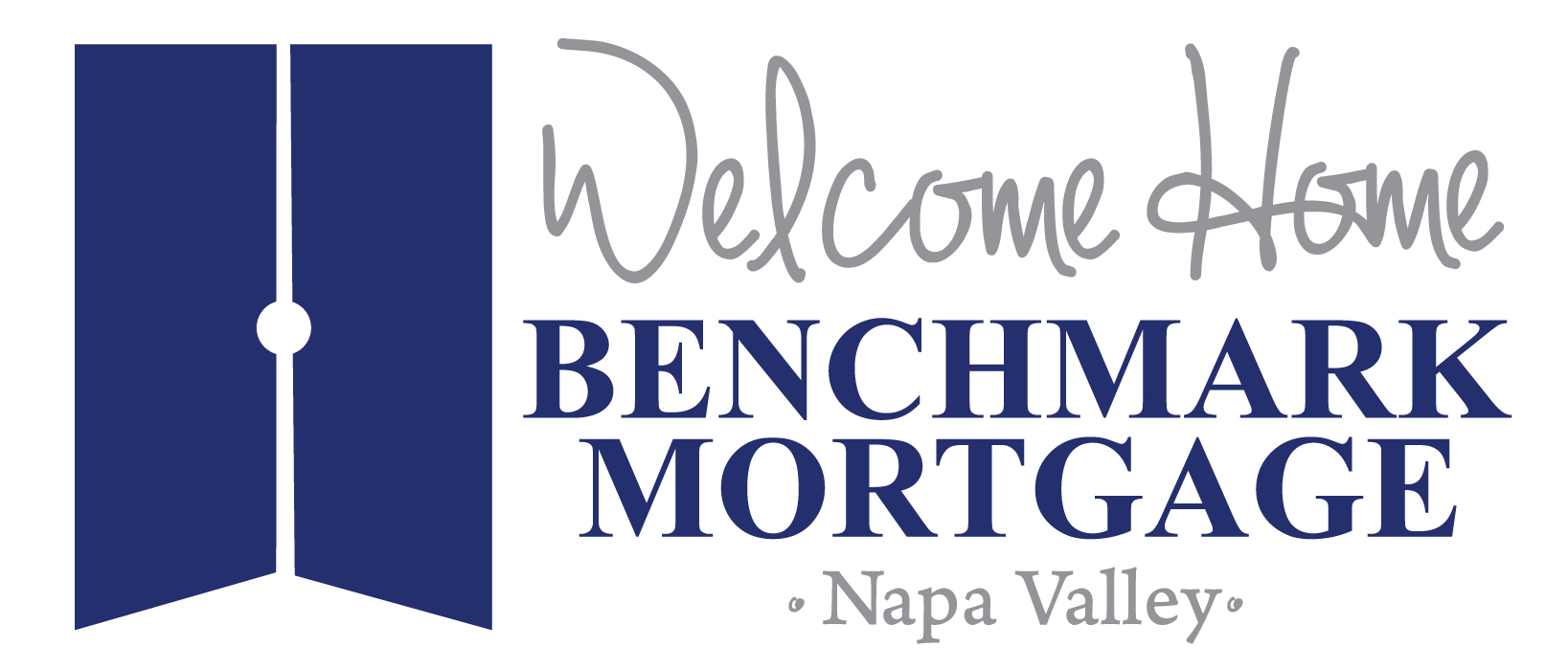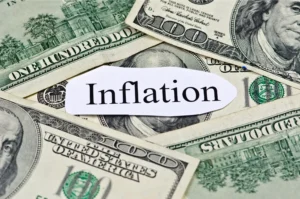
While getting a mortgage is usually a straight-forward process, when you’re self-employed, it can get a little complicated. Even if you earn a good living from your self-employment, without a weekly paycheck and W2 to present as proof of income, your mortgage application and approval process can often involve a few more steps and more paperwork. Fortunately, by being proactive and keeping good records you can get approved.
First, here are the key things mortgage companies are looking for from self-employed borrowers. When you know what they’re looking for before you apply, you can position yourself in the best light possible.
Here’s what lenders want to see from self-employed mortgage applicants:
- Stable income: Even though self-employment has its share of financial ups and downs, you should be able to prove stability, with an overall upward financial trend. Lenders will definitely ask for your last two years’ worth of tax returns (possibly more), so make sure you are always reporting all your income. When lenders review your tax returns, they are looking not only at your gross income via 1099s and other reportable income, but also your business expenses so they can calculate your net profit and taxable income.
- Consistency: Ideally, you’ll be self-employed for two or more years (in the same industry) before applying for a mortgage. If you’re new to self-employment but have filed at least one tax return as a self-employed professional and have W2s from an employer in the same field, lenders may give you some leeway. The goal is for you to show that you are stable and not career hopping.
- Good credit: Credit is always a big factor when getting a mortgage, perhaps more so when you’re self-employed. If you have a business credit rating, lenders will check that as well.
- Cash reserves: Because self-employment income often fluctuates, lenders will want to see that you have enough cash reserves to weather any dry spells. Plan to show at least 6 months’ worth of living expenses set aside in savings.
- Adequate down payment: Whether you’re self-employed or a traditional W2 employee, the down payment requirements are the same. However, if your credit isn’t strong or your income is very unstable, having a larger down payment can certainly help get you approved.
Now that you know the key things lenders are looking for from self-employed applicants, here are some tips for making the approval process easier.
- Have your paperwork ready: The first thing you’ll notice when you’re self-employed is that lenders will want a lot of paperwork from you. It helps to have it ready and complete as soon as possible. Although the requirements may vary by lender, the most common documents you’ll need are:
- Clean up your credit: Whether self-employed or not, you should always keep on top on your credit, especially before applying for a mortgage. Obtain a current credit report from each of the three credit reporting agencies. Review your report for errors, and be sure to dispute anything that shouldn’t be there (and address any legitimate concerns that appear). Do this before your lender pulls your credit. You want it as spotless as possible before the mortgage application process.
- Save as much as you can: Many self-employed professionals understand that it’s common to go through periods of financial feast and periods of financial famine. Be sure to save as much money as possible during times of feast so you can boost your reserves and your down payment amount.
- Keep clean business records: If you haven’t already, separate your business and personal income. Be sure you have separate checking and savings accounts for each. Have a separate credit card for business expenses. Also, use a business accounting software program to make generating reports easier and more accurate.
Being self-employed certainly doesn’t mean you can’t get a mortgage. It just means you may have to do a few more steps to get the approval you desire. So be proactive in the process. Get all your paperwork in order before submitting your application, and be prepared to gather additional forms and papers as requested. With some patience and planning, any self-employed professional can get a mortgage approval.
When you’re ready to apply for a mortgage or refinance an existing one, contact us at 707-254- 8891 or [email protected]. We can also direct you to the perfect real estate agent to help you.
Have Questions, Reach out to me for more information.
Call me at (707) 254-8891
Hilda Hensley Branch Manager – Mortgage Advisor
NMLS id 280206
Benchmark Mortgage
Ark-La-Tex Financial Services, LLC NMLS id 2143




